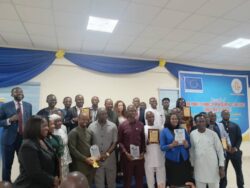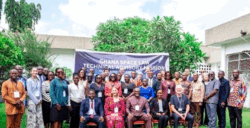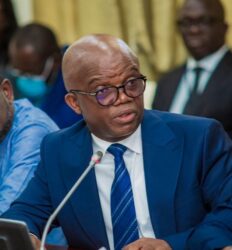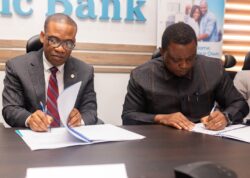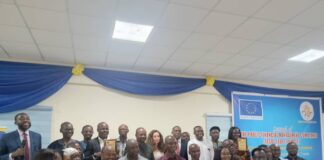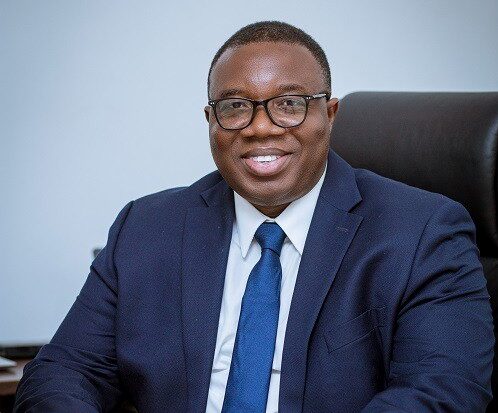
The Ghana Chamber of Mines has reiterated calls for fiscal inflows from the mining sector to be treated separately, as done with oil revenue, in order to put debates over the sector’s contribution to the economy to bed.
It advocated a deviation from the current arrangements, where the sector’s revenue is commingled with other taxes in the Consolidated Fund; arguing that the existing practice impedes the visibility of the developmental impact of the mining sector.
In a statement on recent developments surrounding the country’s inaugural lithium mining lease which has so far generated public backlash, with many suggesting that the mining sector is shortchanging the country in terms of the distribution of profit from mineral exploitation, the chamber described such claims as unfortunate.
The statement, signed by the President of Ghana Chamber of Mines and Executive Vice President and Head of Gold Fields West Africa, Joshua Mortoti, argued that apart from the significant value that is retained in-country through employment and purchases from local suppliers, a plethora of studies have shown that a more than proportionate share of mineral rents accrues to the government.
“For instance, a model by the Natural Resource Governance Institute (NRGI) suggests that the government’s share of mining rents is ‘just over 50 percent’which ‘falls comfortably within the 40 percent to 60 percent’ profit-sharing ratio recommended by the International Monetary Fund (IMF) for mining countries,” it said.
The chamber iterated that it has, over the years, been championing the plough-back of a commensurate portion of mineral revenue to host communities promptly to complement the voluntary corporate social investment initiatives of its member-companies to enhance socio-economic development.
The chamber said it has been following the national discussions on the mining lease for the Ewoyaa project with keen interest, and is pleased with the ongoing engagements among government, civil society, media and the larger population.
“The chamber lauds the Ministry of Lands and Natural Resources and Minerals Commission for their manifest commitment to promoting constructive public discourse, inclusive development and transparency.
“In the same vein, we commend the civil society community for their important contributions to seeking a fair share of the benefits associated with the development of lithium resources for the country.”
It said the conflation of the views of the different stakeholders is expected to enhance the outcomes of the project without hurting the country’s ability to attract requisite private capital to develop mineral endowments responsibly.
Against this backdrop, it urged circumspection in the discourse on the subject and assured the country of its unalloyed commitment to continue working with stakeholders to leverage the country’s mineral endowments for inclusive and sustainable development.
“The development of mineral resources should lead to outcomes that are beneficial to both the host country and investors,” the statement noted.




